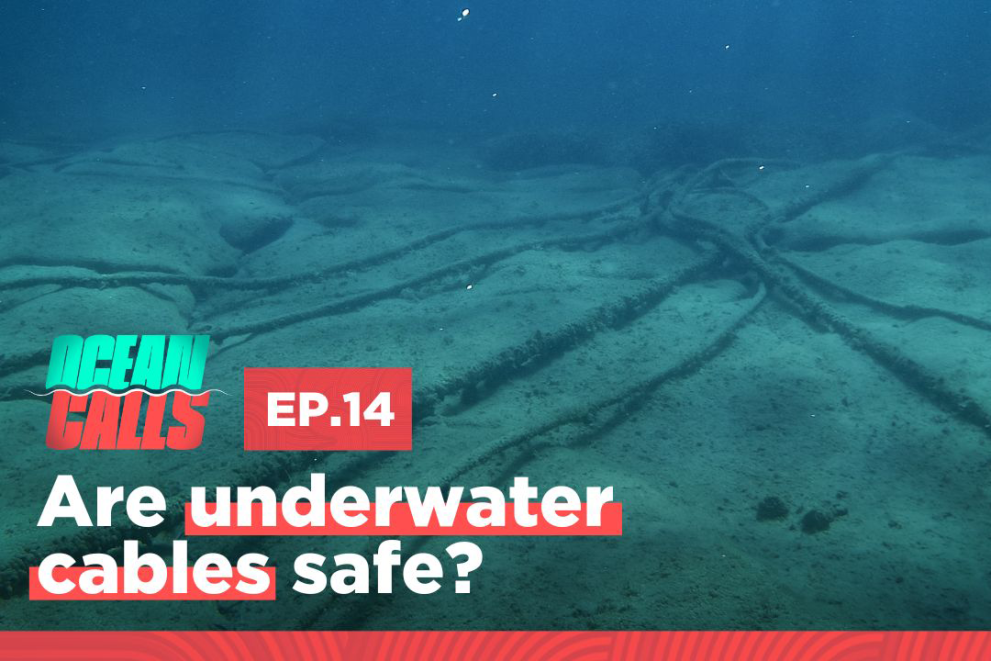They contribute to improving the daily lives of millions of people in Europe and around the world and help solving some of our biggest societal challenges.
Horizon Europe, together with other funding instruments such as the European Maritime, Fisheries and Aquaculture Fund (EMFAF), will ensure a strong science and innovation base, matching our ambition for a sustainable blue economy. It will focus on
- preserving and restoring the crucial life support system that are our seas and oceans (they regulate the climate, absorb CO2 and heat, produce the oxygen we breathe) and eliminating pollution
- guiding our use of the vital resources that our seas and oceans provide (food, but also energy, ecosystem services) in a sustainable and renewable way
- understanding how to adapt to the inevitable consequences of climate change, such as the rise of sea levels, extreme weather events, migration and decrease of fish stocks, and the loss of climate regulation by oceans
- understanding how to use ocean resources to mitigate climate change, for instance by generating renewable energy from the sea
- triggering innovation and helping innovative businesses to enter the market across the whole spectrum of the maritime economy - seafood, energy, transport, health services, coastal defences and infrastructure, microalgae etc. - in a way that fosters circular economy and sustainable solutions
Maritime and aquatic research and innovation are key to the development of the blue economy. They are part of the EU's bioeconomy strategy.
Mission Restore our Ocean and Waters by 2030
The ambition of the Mission “Restore our Ocean and Waters by 2030” is to restore the health of one of our most precious common goods: our ocean and waters. It will deliver on the European Green Deal by restoring ecosystems and biodiversity, eliminating pollution, and making the blue economy carbon-neutral and circular.
EU Missions are one of the main novelties of the new research and innovation programme, Horizon Europe. They are designed to address the biggest societal challenges of our time in a focused and time-bound way. Rooted in research and innovation, they want to engage all Europeans and making them part of the solution to ensure lasting outcomes.
Marine observation and data
By marine observation we mean all activities involved in measuring the state and behaviour of the sea and marine life.
This includes measurements from instruments mounted on fixed or moving platforms, as well as samples taken from the sea and analysed in laboratories.
Data derived from these observations are essential for companies, public authorities, civil society and researchers to understand the state and dynamics of our seas and oceans.
Waters of each country are connected with those of others by shifting winds, seasonal currents and migrating species. Building a picture of what is happening and what could happen in one stretch of water requires observations from outside that area as well as inside.
The EU has enabled over 100 organisations to come together through a European Marine Observation and Data network (EMODnet) to deliver data and data products under FAIR (Findable, Accessible, Interoperable Reusable) principles. EMODnet’s annual reports show how diverse the application of marine data is, from public authorities, private bodies, researchers and civil society.
An independent evaluation determined that EMODnet is delivering annual user benefits of between €288 million and €407 million through increased productivity, stimulation of innovation and reduced uncertainty.
Documents
Questions and answers: EU missions
Innovation in the Blue Economy: realising the potential of our seas and oceans for jobs and growth
Marine Knowledge 2020 marine data and observation for smart and sustainable growth
Marine Knowledge 2020 from seabed mapping to ocean forecasting
Marine Knowledge 2020: roadmap
European Partnerships in Horizon Europe
Media
Euronews Ocean: Critical infrastructure
Euronews Ocean takes a look at the challenges and innovative approaches to maintaining the security of critical infrastructure at sea.

OCEAN CALLS Podcast: Are underwater cables safe?
How safe are the undersea cables? Can our internet access be severed and what happens then?
Listen to it in full on Euronews website
Euronews Ocean: How Scarybirds are flying to the rescue of endangered species
Researchers seek new ways to reduce the environmental impact of fishing.
Euronews Ocean: An ocean of opportunities: the women transforming the blue economy
Ocean‑based industries are dominated by men - but across Europe, more and more women are driving innovation and growth in the blue economy. Ocean went to France and Greece to meet some of them.
